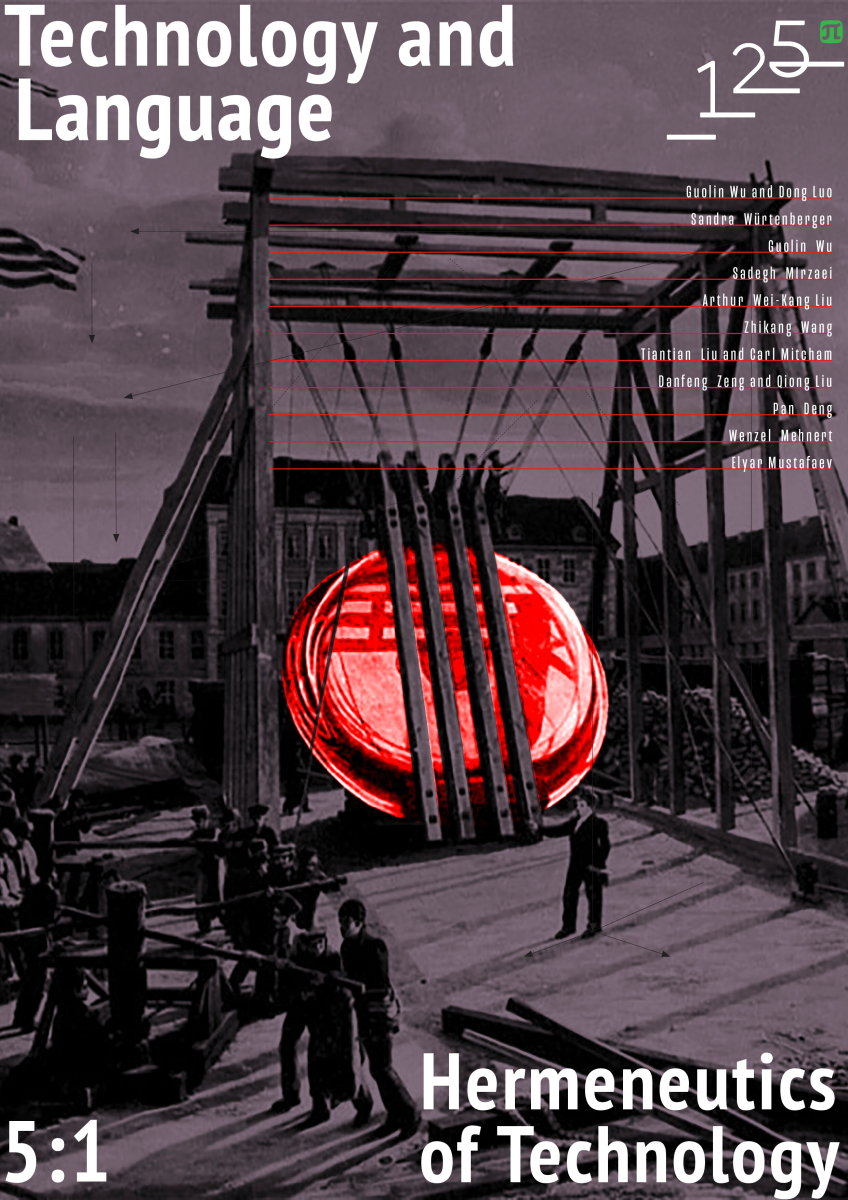No Resources, but a lot of Skill: A German Political Myth and its History
While during the 19th century Germany was characterized by the formula “land of poets and thinkers.” after WWI another phrase and self-characterization became popular: Germany was framed as a country that compensated with science its lack of resources. This self-description passed more or less unaltered through the Weimar Republic, the NS-State and still is very prominent in present political discourse. Its sources, parallels and political implications are analysed in this essay. The technical achievements of, for example, Haber and Bosch to make a strategically important raw material available in any quantity from "mere air" was seen as a way out of the predicament that foreign powers could block access to important substances at any time. This finds its philosophical counterpart in Arnold Gehlen's thesis of the deficiency of human beings that can be compensated by technology and by way of institutions. The notion of the resource-poor nation that relies on the inventiveness of its engineers finally results in a focus on applied science and technology.



